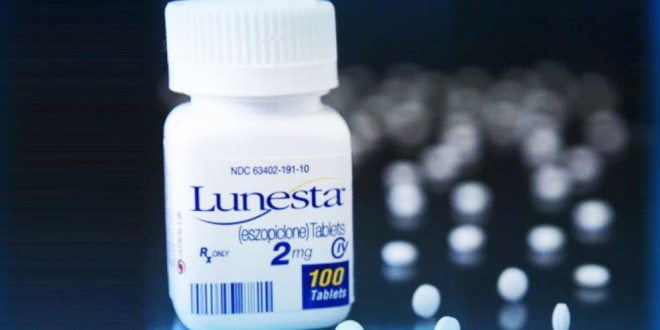The U.S. Food and Drug Administration says the maker of Lunesta must lower the starting dose of the sleeping aid drug because of the risk of morning drowsiness, which can interfere with driving ability and lead to injury.
The agency now requires the drug’s manufacturer to change the label and lower the recommended starting dose. Data shows that levels of the drug eszopiclone may be high enough to impair activities the morning after, including driving.
The decrease pushes back the dosage from 2 milligrams to 1 mg for both men and women. Higher doses can be taken if necessary, the FDA says, but they’re more likely to impair next-day activities that require full alertness.
More than seven hours after taking a 3 mg dose, many people can suffer problems with memory and coordination, according to the FDA’s Center for Drug Evaluation and Research director, Ellis Unger. At more than 11 hours, some are still unknowingly affected by the sleeping pill.
In similar action in 2013, the agency announced a dose reduction for sleep drugs containing the active ingredient zolpidem, such as Ambien, due to the risk of next-morning impairment.
Agencies/Canadajournal
 Canada Journal – News of the World Articles and videos to bring you the biggest Canadian news stories from across the country every day
Canada Journal – News of the World Articles and videos to bring you the biggest Canadian news stories from across the country every day



